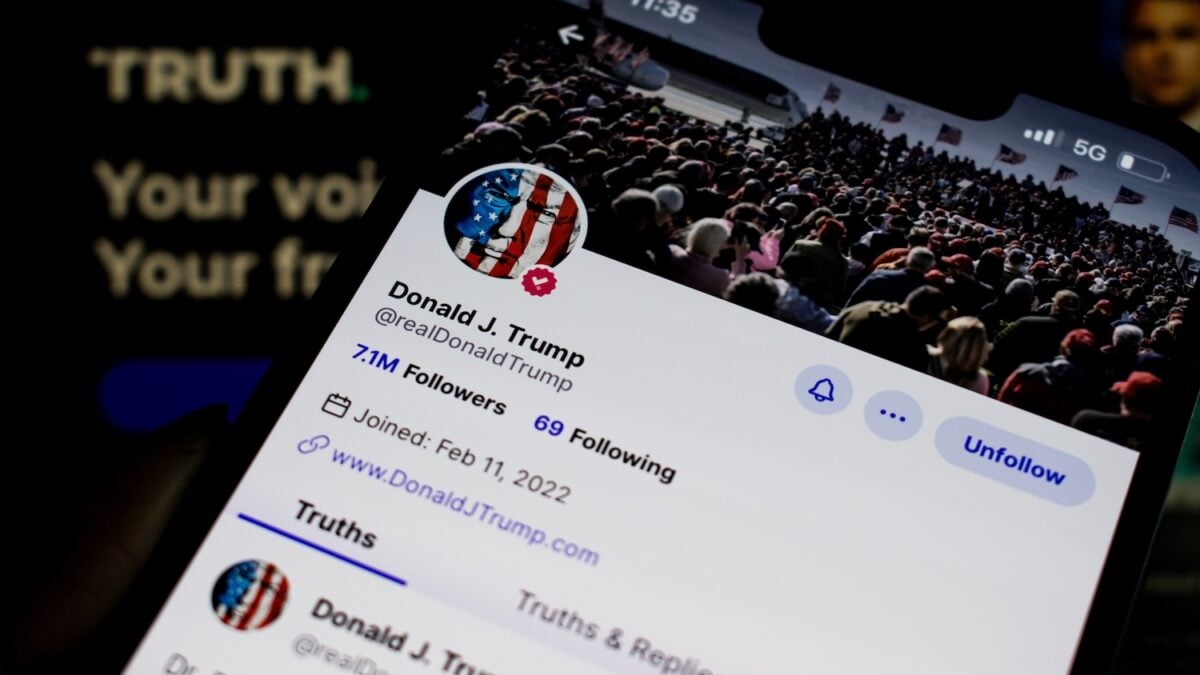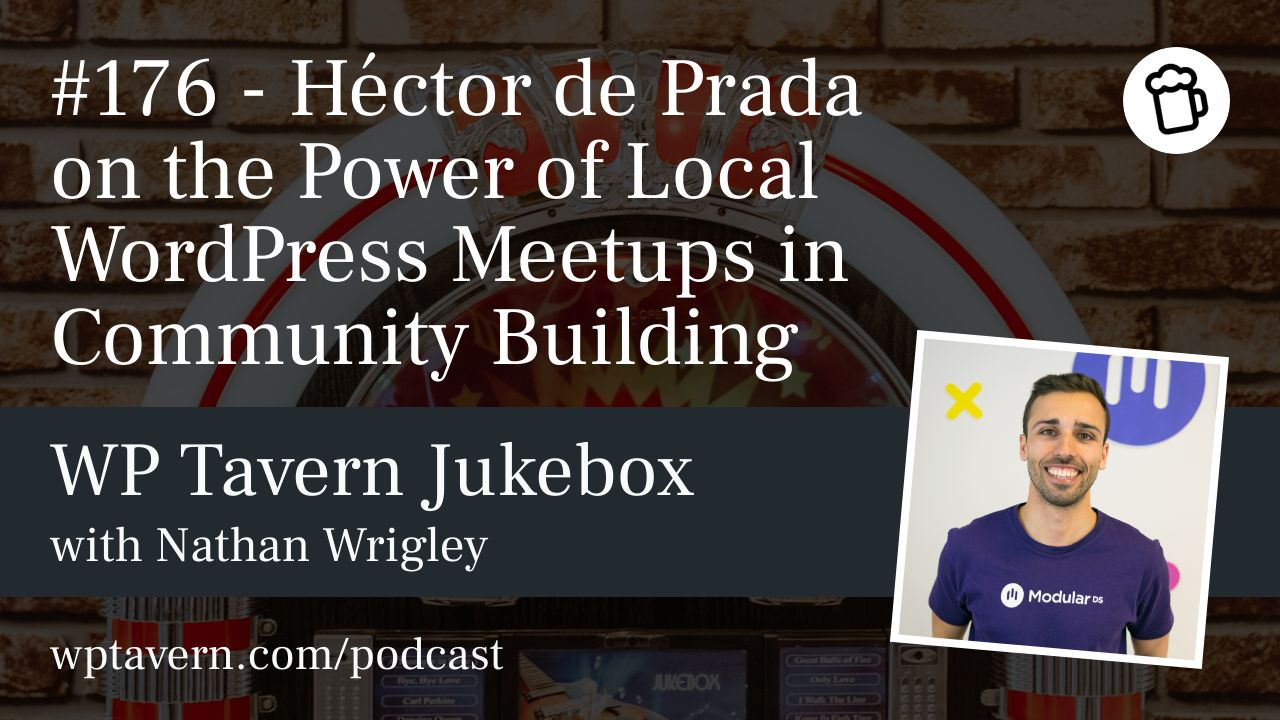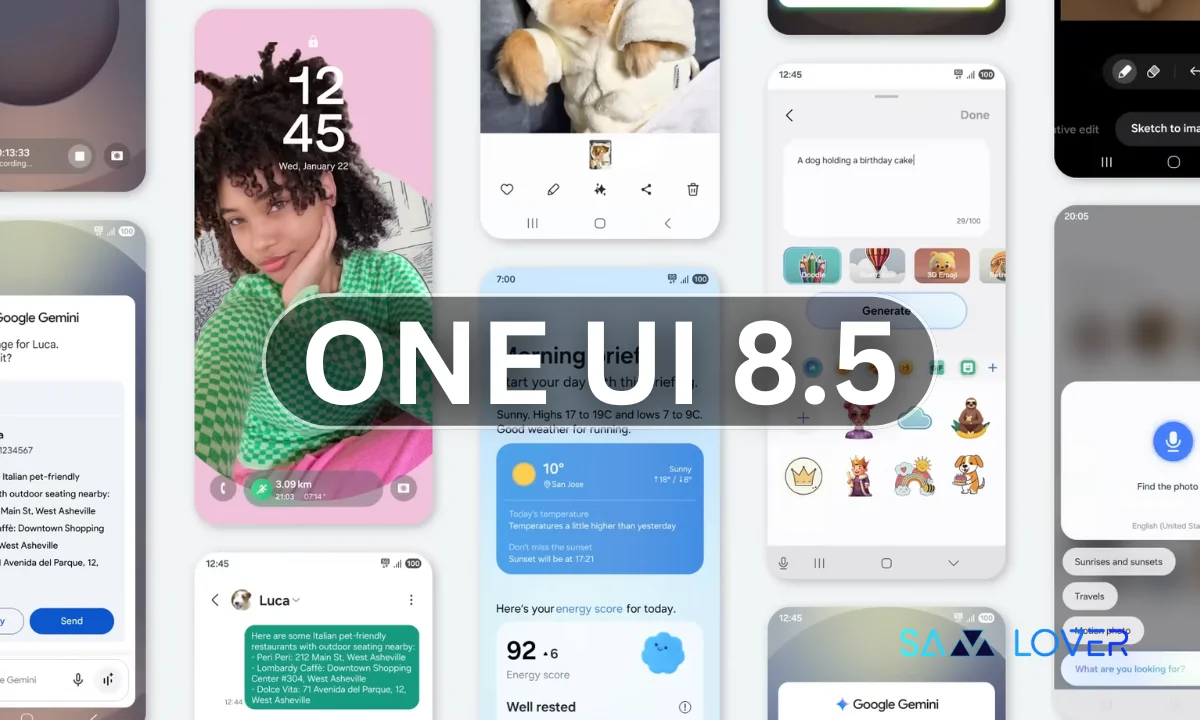Donald Trump’s Media Firm Partners with Crypto.com to Launch Prediction Markets on Truth Social
Donald Trump appears to be re-entering the world of betting, albeit in a different form. This time, it’s not about Atlantic City slot machines and roulette tables. On Tuesday, the president’s media company, Trump Media & Technology Group Corp., announced a partnership with the digital asset exchange Crypto.com to introduce prediction markets on Truth Social.
What are Prediction Markets?
The new product, called "Truth Predict," will allow Truth Social users to bet on various future events, including election outcomes, sports, and commodity prices. These wagers will take the form of prediction contracts, which are typically priced in cents and reflect the confidence bettors have in a potential outcome. If the bet is correct, the contract settles for $1, but if it’s incorrect, it becomes worthless.
Competition and Regulation
TMTG’s new offering will compete with existing prediction markets like Kalshi and Polymarket, which is headquartered in New York but hasn’t offered services to US customers since reaching a settlement with the Commodity Futures Trading Commission in 2022. Truth Predict plans to launch in the US first and then expand internationally once all requirements are met. The product will begin beta testing soon.
Trump’s Involvement
President Trump was the largest shareholder in TMTG, but after winning the general election last year, he transferred 114,750,000 shares worth around $4 billion to a trust controlled by his son Donald Trump Jr. A Securities and Exchange Commission filing suggests President Trump maintains indirect control of the shares.
Philosophical Questions
Digital prediction markets raise several philosophical questions. Proponents argue that decentralized prognostication provides value, as betting markets give people insight into what the masses think will happen, free from corporate and political influences. Ethereum founder Vitalik Buterin said, "The point of Polymarket is that from the perspective of traders, it’s a betting site, but from the perspective of viewers, it’s a news site… being able to see if people with actual skin in the game think that something has a 2% chance or a 50% chance is a valuable feature that can help keep people sane."
Criticisms and Controversies
However, sites like Polymarket have been criticized for offering war markets where users can bet on ongoing and potential geopolitical conflicts. For example, "Will China invade Taiwan in 2025?" currently sits at a 3% chance on Polymarket, while "Will the U.S. invade Venezuela in 2025?" is at 14%. Critics argue that if enough money flows into these markets, it could incentivize powerful interests to influence the outcome, potentially leading to harmful consequences.
Regulatory Environment
CFTC regulations prohibit event contracts that reference terrorism, assassination, war, or other illegal activities, so US-approved firms don’t offer direct invasion markets like Polymarket’s. However, this doesn’t mean that these marketplaces are free from potentially controversial incentives. On Kalshi, users can wager on the number of deportations in Trump’s first year of office or whether leaders like Venezuelan President Nicolás Maduro will remain in power through 2025.
Potential Implications
Those controversial incentives could appear even more complex on a prediction markets platform closely affiliated with the president of the United States. Gizmodo reached out to Truth Social for comment and will update if we hear back.
[ad_2]Source Link





